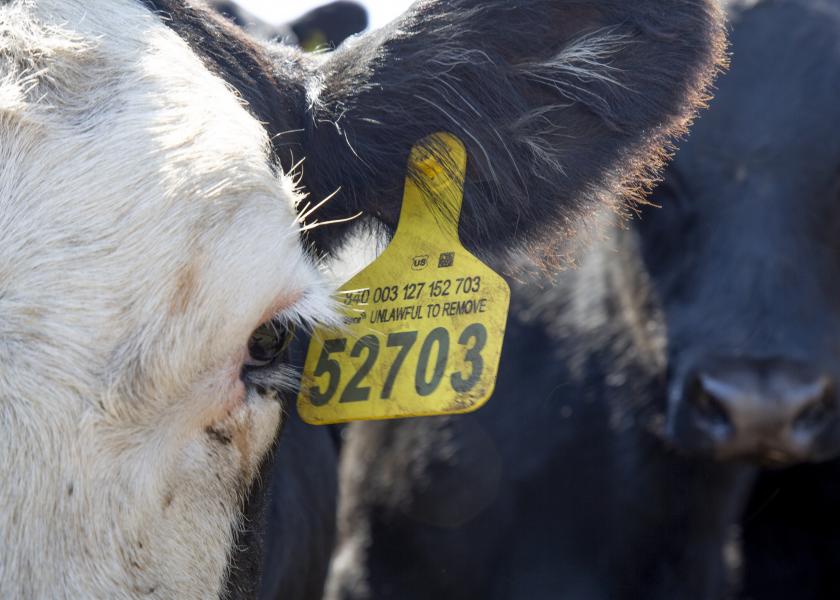NCBA Adopts Policy To Support U.S. CattleTrace

The National Cattlemen’s Beef Association (NCBA) board of directors adopted a new policy in support of U.S. CattleTrace and its mission of advancing disease traceability in the U.S. cattle industry. The policy resolution was brought forward by state cattlemen’s associations in Florida, Kansas, Kentucky, Missouri, Tennessee, Texas and Washington.
“The NCBA policy process starts with individual producers – it’s a true grassroots process. To see this policy resolution receive unaminous support through the committee process and with the board of directors further demonstrates that U.S. CattleTrace is a producer-led, industry-driven effort to advance disease traceability,” said Callahan Grund, U.S. CattleTrace executive director. “We thank NCBA for its support and are excited to work with the organization going forward. Support from NCBA, individual cattle producers from across the country, and our partners throughout the industry will be paramount to the success of achieving a robust animal disease traceability system in the United States."

The policy resolution calls for NCBA to support the expansion of U.S. CattleTrace and directs the organization to encourage and help facilitate state affiliate support and educational efforts. Animal disease traceability is a priority in the U.S. beef cattle industry and has been included in both the 2016-2020 and the 2021-2025 Beef Industry Long Range Plans. In 2016, the plan called for a feasibility study, which has been a guiding document for U.S. CattleTrace, and the newly released plan supports aggressive animal disease traceability growth and expansion targets.
“We are humbled to have NCBA’s support and partnership,” said Brandon Depenbusch, U.S. CattleTrace Board of Directors chairman. “To truly achieve a nationally significant animal disease traceabilty system in the United States we need partners across the industry – individual producers in all segments, industry organizations, like NCBA, technology, data and identification companies, and private-sector traceability organizations. This new partnership is a critical step in the expansion of U.S. CattleTrace and disease traceability.”
In August 2018, CattleTrace Inc. was formally established as a private, not-for-profit corporation to securely maintain and manage the data collected as part of the disease traceability pilot project. A board of directors with representatives from cow-calf, livestock market and cattle feeding sectors was named to lead CattleTrace Inc. In January 2020, the board voted to change the name to U.S. CattleTrace Inc. to formally establish the multi-state initiative to advance disease traceability. To learn more about U.S. CattleTrace or receive information on how to participate, visit www.uscattletrace.org







